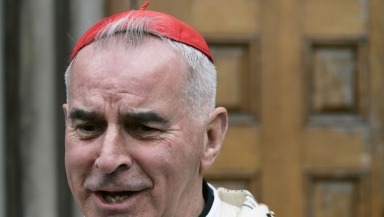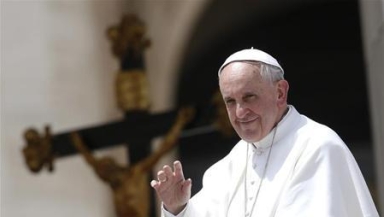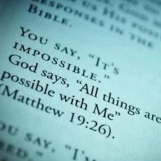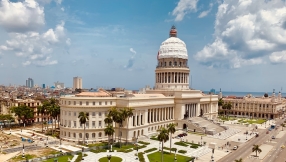
The Catholic Church must make an "unmistakable and unequivocal" public apology to all survivors of abuse within the Church, a report says today.
The Church must act both to "heal the hurt" and address the anger of the many victims of abuse over many decades, says the report by the McLellan Commission, set up by the Roman Catholic bishops of Scotland.
The Church now has an "unrepeatable" chance to put things right for victims of abuse.
"If this opportunity is not taken the public credibility of the Catholic Church in Scotland will be destroyed," warned the Very Rev Dr Andrew McLellan, a former moderator of the Church of Scotland, who was asked to chair the 11-member commission set up after a series of scandals that went right to the top of the Church.
The allegations included reports of abuse at a former Catholic boarding school at Fort Augustus Abbey in the Scottish Highlands.
Cardinal Keith O'Brien, former Archbishop of St Andrews and Edinburgh, resigned two years ago after it was revealed that he had engaged in inappropriate sexual conduct with junior priests.
Also in 2013, a few months later, the Scottish church announced to all its 500 parishes that the McLellan review was to be set up.
In March this year, Cardinal O'Brien relinquished the rights and privileges of the red hat.
The report contains details of allegations dating between 2006 and 2013. The Church is also to look into historic allegations.
In its eight recommendations the report says: "Justice must be done, and justice must be seen to be done, for those who have been abused and for those against whom allegations of abuse are made."
Dr McLellan, former Chief Inspector of Prisons for Scotland, said: "Nothing in our independent report is more important than our first recommendation, that support for the survivors of abuse must be an absolute priority for the Catholic Church in Scotland."
Speaking on publication of the report, admitted: "It is easy to say that survivors are put first, and it is regularly said, but the experience of survivors is that it hardly ever feels like that. Over and over again, in institutions of different kinds in different parts of the world the experience of survivors has been that institutional reputation has been put first or the protection of offenders has been put first or fear of reparations has been put first."

He had no doubt that these things had happened in Scotland.
He said that in his lifetime he had presented many reports to Scottish Ministers and to the General Assembly, but this was the most important report of all.
He said three things will now happen.
"First, and most important, a beginning will be made to heal the hurt and address the anger which survivors feel. Second, the Catholic Church in Scotland will confront a dark part of its past and find some healing for itself. Third, a significant step will be taken in restoring public credibility for the Catholic Church."
He said the report gave the Church an "unrepeatable chance" to make things better. If this opportunity was not taken, survivors would know there was no hope for them within the Church and many Catholics will feel betrayed by their Church.














